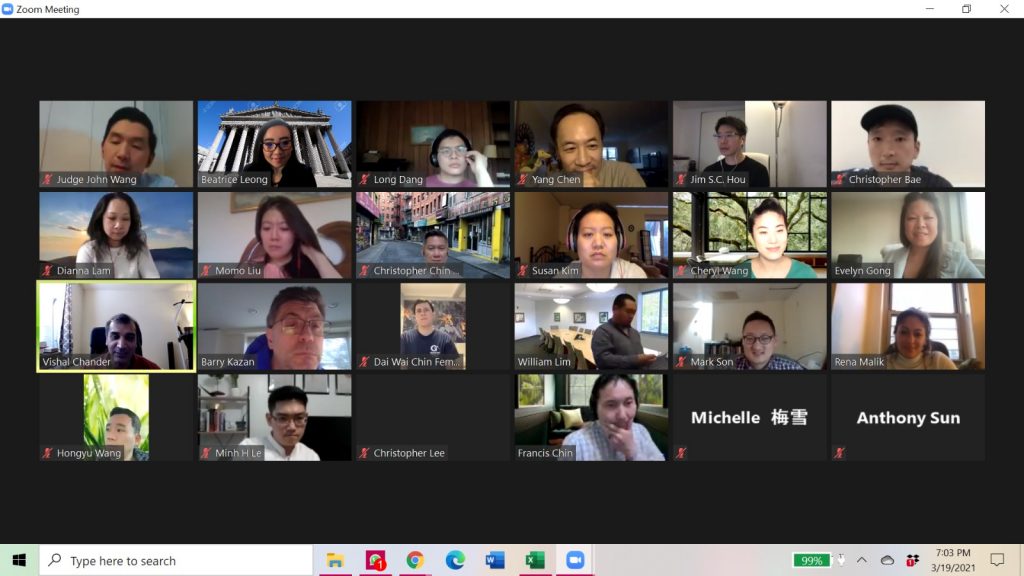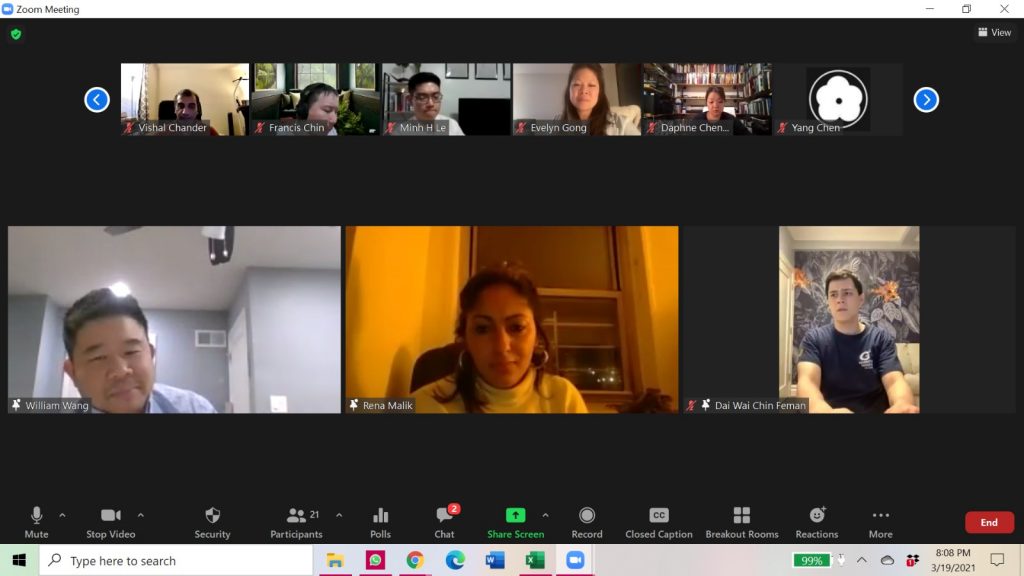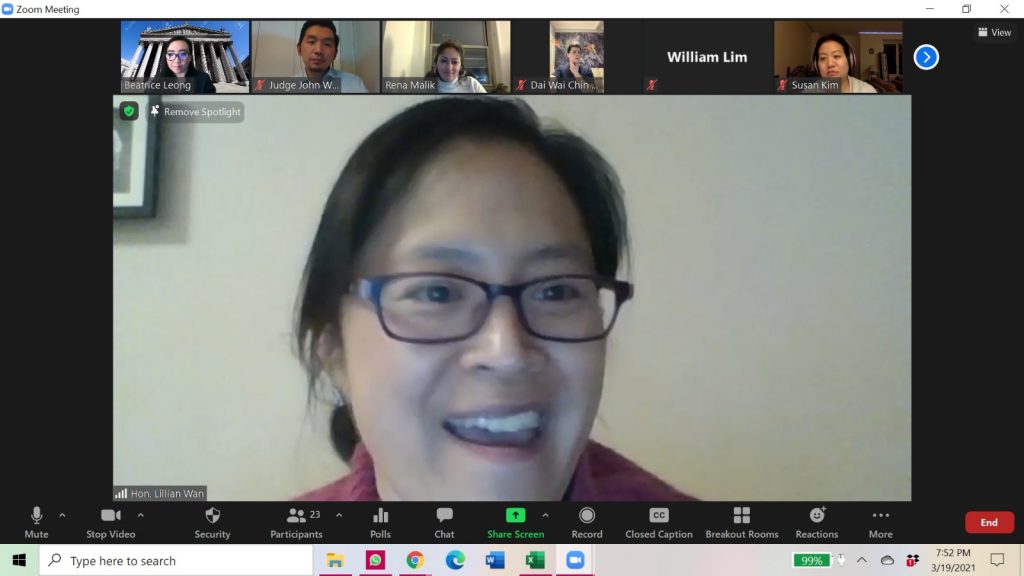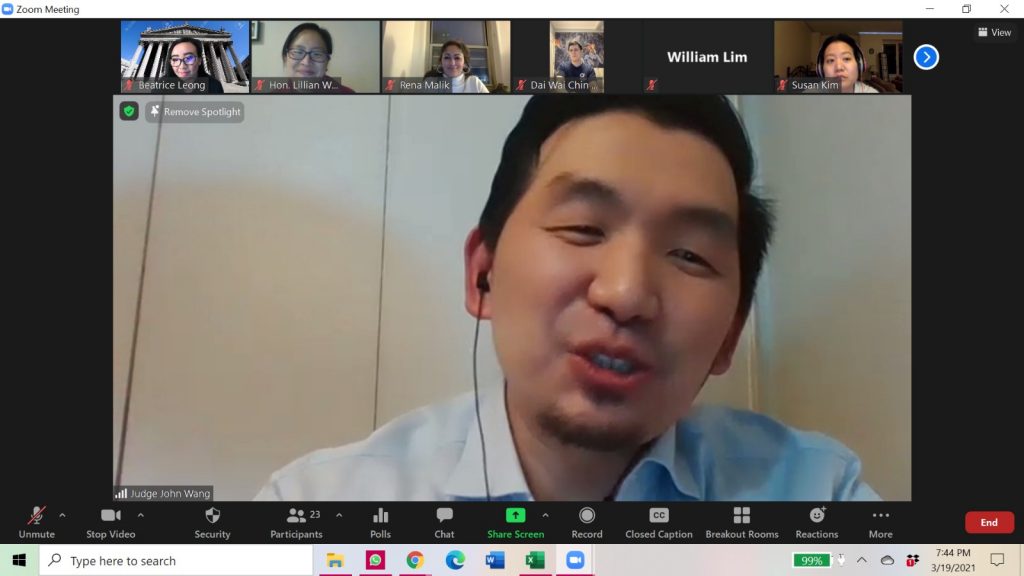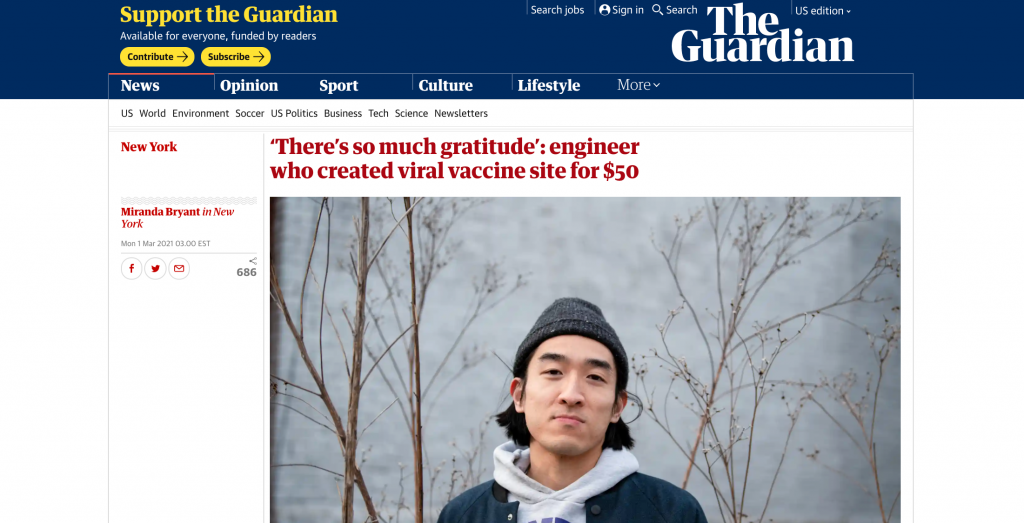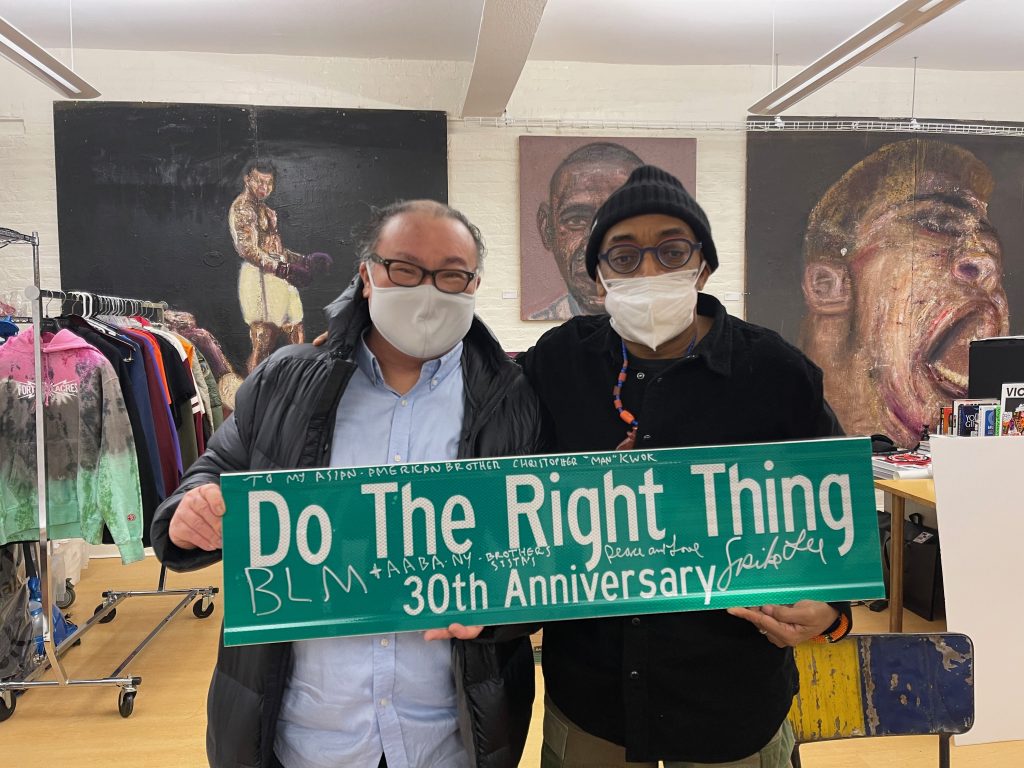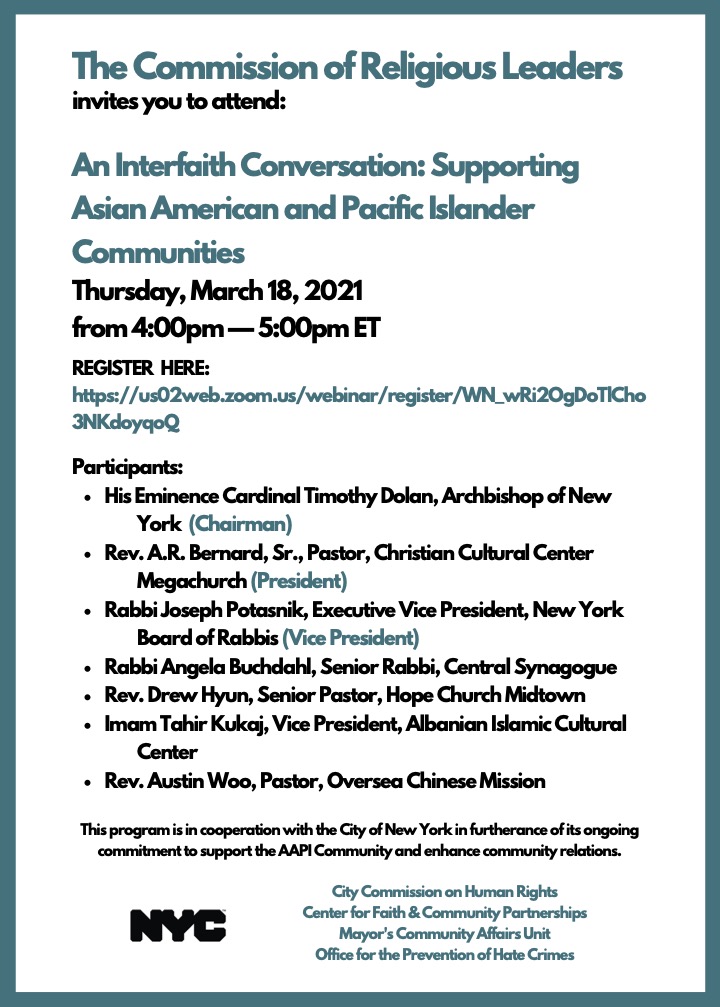On January 26, 2021, AABANY co-sponsored a virtual fireside chat hosted by the New York City Bar entitled, “Our Story: Asian American Judges Share Their Path to the Bench, and Thoughts on Diversity and of the Future.” Prominent speakers included:
- Hon. Shahabudeen Ally, Supervising Judge, New York County Civil Court;
- Hon. Jeffrey K. Oing, New York State Supreme Court, Appellate Division, First Department and AABANY member;
- Hon. Ushir Pandit-Durant, New York State Supreme Court, Queens County; and
- Hon. Lillian Wan, New York State Supreme Court, Kings County and AABANY member.
Serving as moderator, Judge Ally led the discussion on each jurist’s path to the bench, challenges faced in their paths regarding issues of diversity and inclusion, and their thoughts on the inclusion of more Asian Americans in the future of the court system.
For Justices Oing, Pandit-Durant, and Wan, they did not anticipate becoming jurists when they were in law school. Justice Pandit-Durant had previously served at the Queens Assistant District Attorneys Office for over 20 years, and Justice Wan had been a litigator at the Administration for Children’s Services for 9 years and later as a court attorney referee at Surrogates Court. They became interested in joining the bench after their experiences of appearing before judges everyday and learning more about the judicial appointment process. Speaking about the path to the bench, the speakers emphasized the importance of getting outside their own comfort zone and attending events to get their names out there. You want people to recognize you as someone who would be able to do the job, said Justice Pandit-Durant. “They’re not going to know you until they want to know you.”
Speaking on diversity in the court system, the speakers agreed that compared to the past, we are moving in the right direction. There are now many more women and diverse women on the bench. In the state of New York, there are currently 39 judges of Asian American descent. Justice Wan said, “There is more respect and acceptance of the outcome if we have a bench that looks like the community they serve. Diversity matters.”
In the final segment of the fireside chat, Judge Ally asked the speakers: “What can we do as a population to engage the next generation?” Justice Wan spoke about the importance of mentorships. Many people do not realize that practically anyone with the right qualifications can become a judge, and it is necessary for mentors to help demystify the process. Speakers also discussed how students can be inspired by looking at the diversity of the bench and the progress that has already been made. The jurists praised the 80+ audience members for joining their chat and asking great questions, and concluded with the hope that the number of judges of Asian American descent in New York will continue to increase.
AABANY’s Judiciary Committee has a mission to do just that: increase the number of judges of Asian American and Pacific Islander descent in New York. To learn more about the Judiciary Committee, read this blog post about the March 19 membership mixer featuring that Committee or visit this page on the AABANY website.


